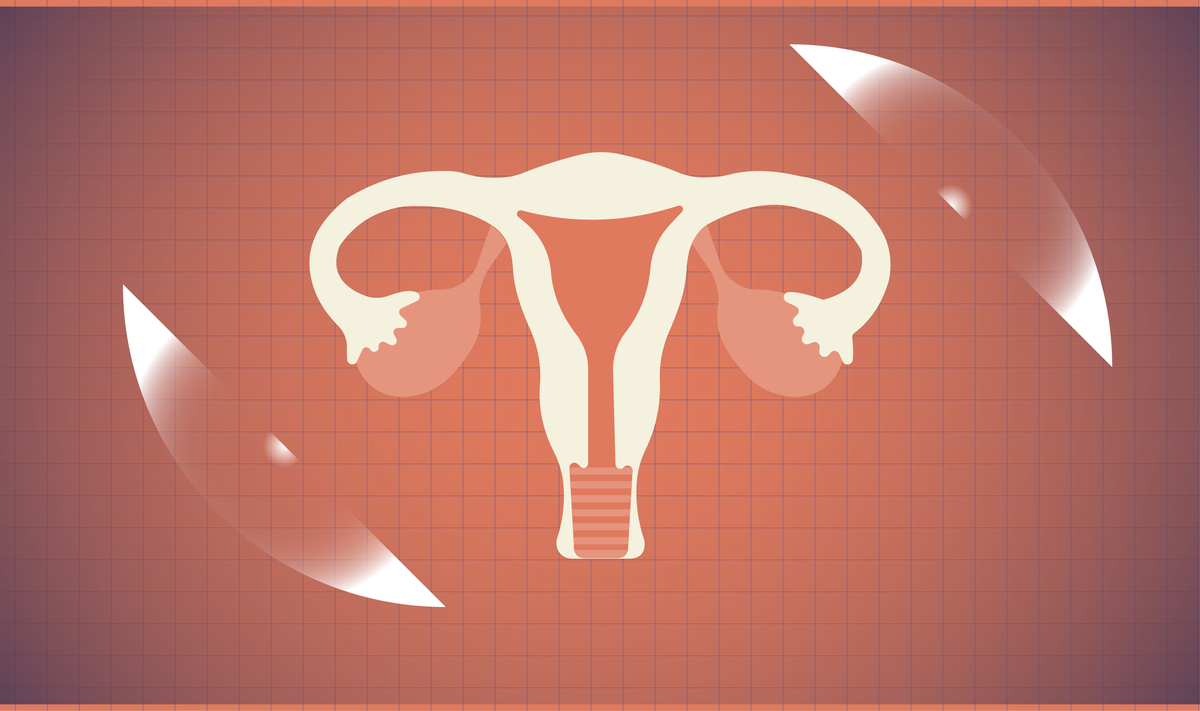Kentucky woman accused of hiding a ‘dead infant’ fuels viral discussion about abortion access
Other posts discussed an upcoming HHS report expected to link prenatal acetaminophen use to autism.

Other posts discussed an upcoming HHS report expected to link prenatal acetaminophen use to autism.
Last week, articles reported on a Kentucky college student who was accused of hiding a “dead infant” in her closet, fueling conversation about abortion laws. Plus, social media users discussed an upcoming report from the Department of Health and Human Services that will reportedly link acetaminophen (Tylenol) use during pregnancy to autism. Other conversations responded to new state bills and court rulings in Illinois, Minnesota, and Texas impacting abortion access, with some falsely claiming that abortion pills are unsafe.
In light of these discussions, communicators may share information about local abortion laws, pain relief options during pregnancy, and abortion pills.

Insights brought to you by the reporters and science writers of Public Good News (PGN), a nonprofit newsroom dedicated to improving community health.
What’s trending nationally in conversations about reproductive health:
On August 31, a 21-year-old University of Kentucky student was arrested after being accused of giving birth and hiding what police called a “dead infant” in her closet. However, as the age of the “infant” has not been reported, it’s unclear whether the woman miscarried, had a stillbirth, or gave birth to a full-term baby. Many social media users said that easier access to abortion could prevent these kinds of events.
Last week, articles reported that an upcoming report from the Department of Health and Human Services is expected to link the use of acetaminophen, commonly sold as Tylenol, during pregnancy to autism in children. However, previous credible research has not found a link between prenatal acetaminophen use and autism, and the American College of Obstetricians and Gynecologists says that taking acetaminophen during pregnancy is safe. In response to articles about the upcoming report, some social media users shared unproven theories about the cause of autism, including prenatal acetaminophen use. Many others said that linking acetaminophen use during pregnancy to autism is inaccurate and “dangerous.”
Recent state bills and court rulings sparked conversation about abortion online. In late August, Illinois’s governor signed a law requiring public universities to offer abortion pills on campus. Last week, a federal judge in Minnesota dismissed a lawsuit seeking to challenge the state’s protections for abortion. Meanwhile, Texas legislators passed a bill that would allow residents to sue out-of-state providers who supply abortion pills to Texans. Some social media users responding to these bills and court rulings advocated for expanding access to abortion, including medication abortion, while others falsely claimed that abortion pills are unsafe.

Recommendations brought to you by the health communication experts behind Infodemiology.com.
Recommendations for public health professionals
Each week, the Infodemiology.com team will provide messaging recommendations in response to some of the trending narratives outlined above. These helpful tips can be used when creating content, updating web and FAQ pages, and developing strategy for messaging about reproductive health.
Online conversation about abortion access provides an opportunity to ensure that all materials outlining local abortion laws are up to date. Communicators may also want to direct people to resources like AbortionFinder.org, which helps people find reputable abortion providers, and the Repro Legal Helpline, which connects people with lawyers who can answer questions about abortion, miscarriage, and birth.
In response to false claims linking prenatal acetaminophen use to autism, messaging may emphasize that the American College of Obstetricians and Gynecologists says it’s safe to take acetaminophen during pregnancy as needed after consulting with your doctor. However, nonsteroidal anti-inflammatory drugs (NSAIDs) like ibuprofen (Advil or Motrin), aspirin, and Aleve should only be taken during the second trimester and only for 48 hours or less at a time. Taking NSAIDs during the third trimester could lead to birth defects. According to ACOG, the impact of taking NSAIDs during the first trimester is unclear. Patients seeking pain relief during pregnancy should talk to their health care provider about the best pain management options for them.
False claims that abortion pills are unsafe are persistent. Communicators may reiterate that abortion pills are a safe and effective way to end a pregnancy and that the risk of major complications is less than 1 percent. Sharing resources like Plan C, which offers information about accessing abortion pills in every state, is recommended.
